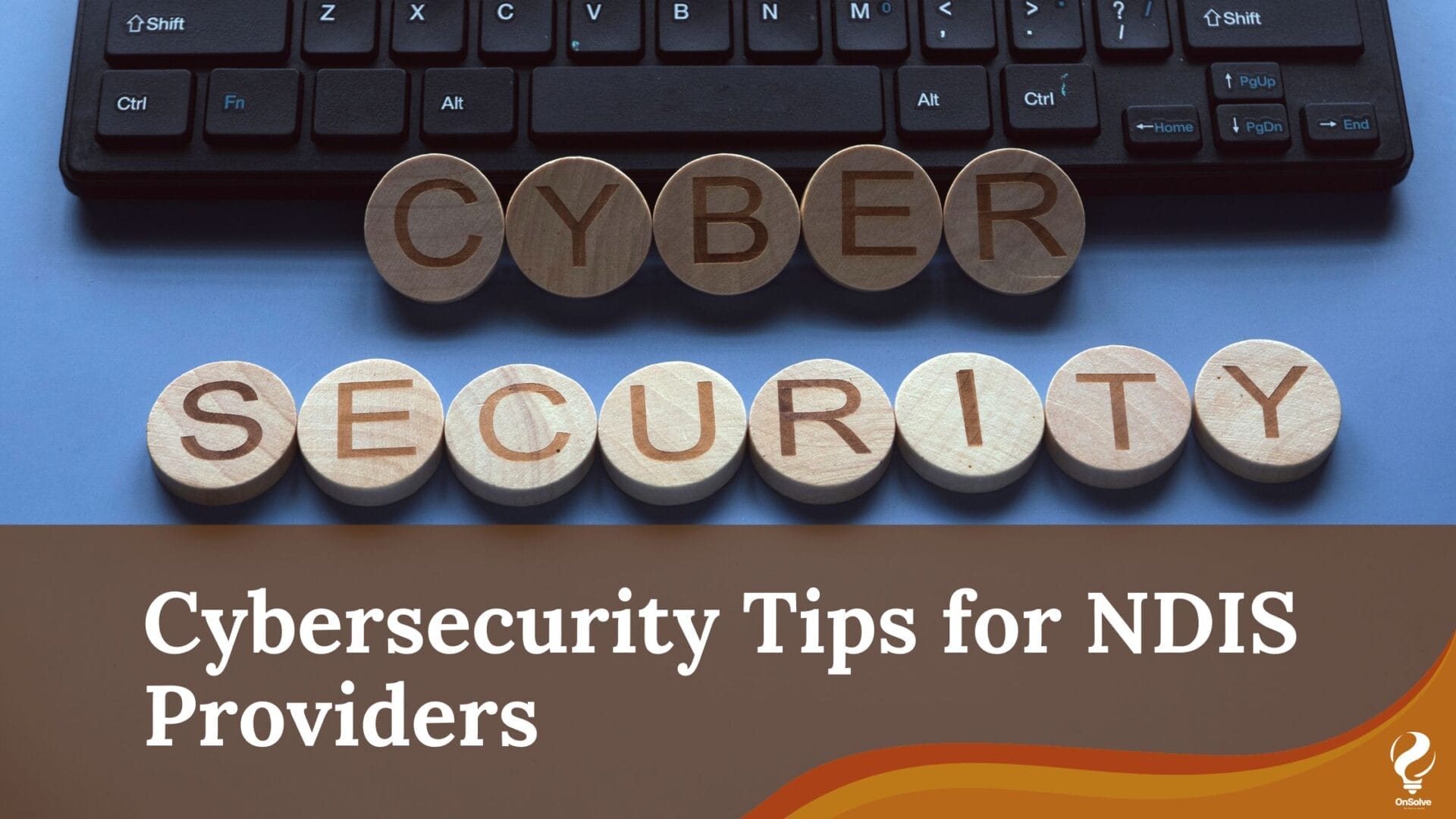In today’s digital world, cybersecurity isn’t just a technical requirement, it’s a lifeline for the NDIS sector. Safeguarding the sensitive information of participants is important, not only to protect their privacy but also to uphold the trust and safety. When providers prioritise the cyber security measures, they ensure that every NDIS participant feels safe and secure, knowing their personal data is in good hands.
In this blog, we’ll discover how to protect the privacy of the data, as well as discover methods of achieving compliance with cyber security in NDIS. It is important to understand how to ensure the privacy of their clients.
Cyber threats are a threat to all sectors, however; it is most prominent in NDIS because sensitive information of participants is being handled. We have enlisted some of the most important risks organisations operating in the industry encounter below.
Threats related to Cyber security for the NDIS Providers
This means that NDIS providers encounter different types of security risks including phishing, ransomware, malware, denial-of-service, data breach, invoice fraud. These threats can affect provider’s IT systems, networks, devices and websites, emails, social media and associated online platforms, and payment systems. Cyber criminals might try to pilfer, modify or delete private details; medical history; credit card information and bills. There is also a possibility of them extorting confidential data, money, demanding ransoms, interrupt service delivery, and destroy the providers reputation among others.
Factors making NDIS providers vulnerable to cyber-attacks include:
- Use of outdated or insecure software, hardware, and devices.
- Weak or poorly implemented cybersecurity policies and practices.
- Risks from third-party access to provide data or systems.
- Limited understanding and planning for cybersecurity in the disability sector.
Cyber security meaning and some of the best tips to be followed in any organisation.
This blog has highlighted various cyber risks that NDIS providers are likely to experience and subsequently proposed some measures to avoid or minimise cyber risks. It entails an evaluation of your cyber security, development of security policies, user education training and deployment of technology in protection of your data and systems.
Best practices/tips in Cyber security for NDIS providers
- Role-Based Access Controls (RBAC)
Role-Based Access Controls ensures that only individuals who are granted permission can access important information and each access is granted by the management based on their job role. - Securing Data for Storage and Transfer
Use strong encryption methods to protect sensitive client information both when it is stored in systems and when it is being sent from one place to another. This ensures that even if someone tries to access the data without permission, they won’t be able to understand it. - Regular Phishing Tests and Security Training
Carry out regular phishing tests and cybersecurity training for staff. NDIS providers handle important personal and financial data, making them main targets for phishing attacks. Training helps staff spot and avoid possible dangers. - Use Multi-Factor Authentication (MFA) for All Systems
Set up Multi-Factor Authentication (MFA) for every system and account, especially those with customer information. MFA provides an additional security step, making it more difficult for hackers to get in even if they have your login details. - Managing Risks from Vendors
Check the cybersecurity methods of outside companies and service providers, especially those dealing with NDIS data. Check if they stick to security measures and solve customer data protection policy issues. This helps reduce the risk of problems caused by third-party security issues that could harm your organisation.
Cyber security is a continuous concern for NDIS providers due to the unpredictability and technological environment that they face, which makes them susceptible to numerous cyber risks. This is due to general concerns affecting the business and other issues to do with clients, laws and regulations in the face of a cyber attack. Thus, the necessity for the providers under the NDIS Act to prevent and mitigate cyber dangers to its business and clients, as well as get ready and act rightly in the case of cyber threats. In this way, solutions for NDIS providers can improve their cyber security, cyber trust and cyber quality and, as a consequence, contribute to better outcomes for people with disability.








